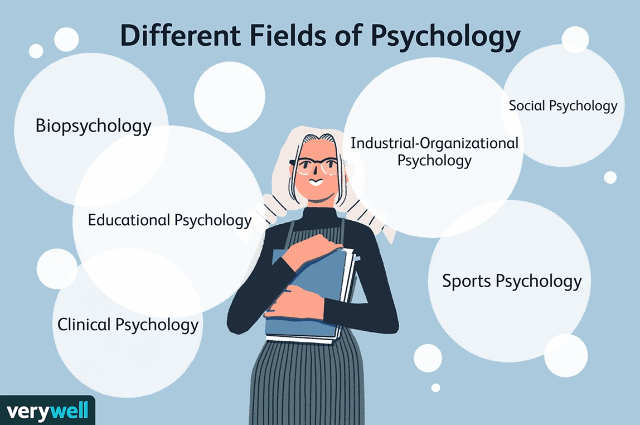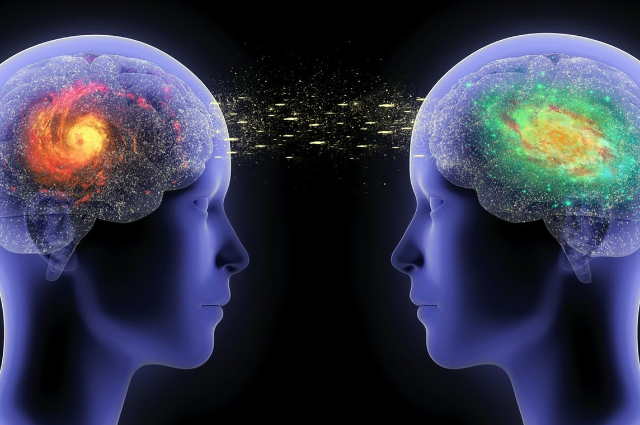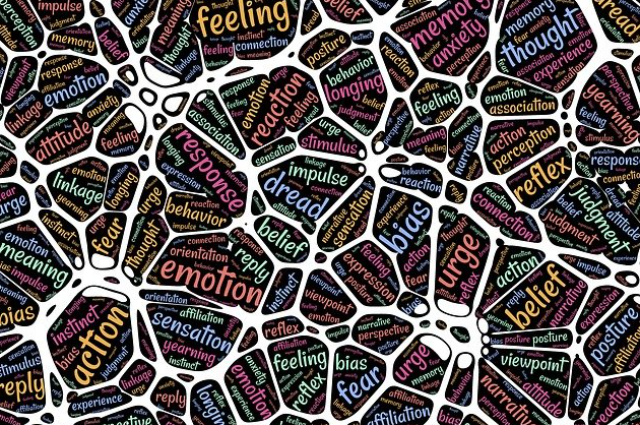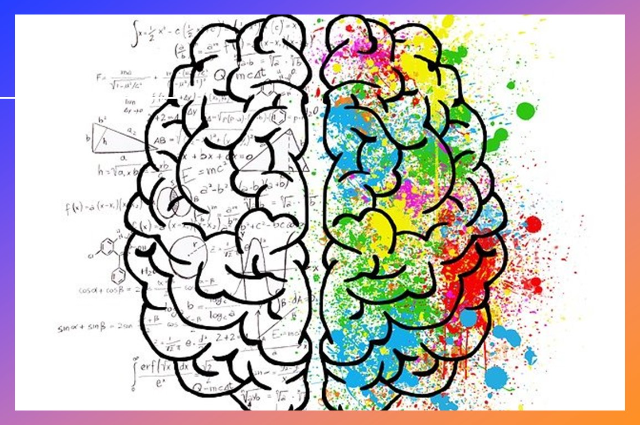
Image by Gerd Altmann from Pixabay
Misconception #1:
"There’s extremely limited scope after studying psychology – most people become therapists after studying psychology.

Misconception #2:
" Psychology is only common sense."

While many things may appear to people to be common sense, it is crucial to remember that psychology is based on extensive research. To arrive at findings, it employs systematic and objective methods of observation and experimentation. Experimenters can study human concerns objectively and fairly using scientific approaches.
Misconception #3:
"Psychology students or professional can read minds."

The most common reaction I receive when I tell people I am studying psychology is, “oh, so can you tell what I’m thinking?” According to the American Psychological Association, psychology is the scientific study of the mind and behavior but this does not mean that psychologists can read minds or are analyzing you. Through various assessments and interactions, they can gauge a person’s mental state and understand them but reading a person’s mind directly is not humanly possible.
Misconception #4:

"Those people take up psychology who have faced issues in their personal lives."
This again, is not true at all. While a lot of people might take up psychology because they want to help people or because of some personal interest in it, a lot of other people might take up psychology just because they find it interesting or are inclined to study it.
Misconception #5:
"Psychology will take you away from your religious beliefs."

Image by sspiehs3 from Pixabay
I personally haven’t heard this in a very long time but there are people who think this is true when obviously it is not! Psychology is based on scientific knowledge and shares with us the thoughts, ideas, and values that are derived from it. It aims to improve our understanding of human beings without attempting to eliminate our religion or beliefs.
These were the several misconceptions about psychology, according to me. Anybody can study psychology if they are willing enough, but first it is very necessary to have a proper understanding of what you’re getting yourself into, and I therefore hope this can help clear some basic facts about psychology for those who were previously unaware.
Misconception#6:
"Psychology is the same as Psychiatry."

Image by Sozavisimost from Pixabay
A graduate in a Psychology degree is called a Psychologist. However, a Psychiatrist is a medical doctor who specializes in Psychiatry. Psychologists are not called doctors unless they complete PhD and they focus on psychotherapy as compared to Psychiatrists who diagnose and help manage mental illnesses through a range of therapies like pharmacotherapy.
Misconception#7:
"Psychology isn't a science"

Image by Gerd Altmann from Pixabay
It is commonly heard that Psychology is not a real science. Psychology indeed has its fair share of pseudoscience, however, it does take a scientific approach and uses empirical methods to understand human behavior. Psychologists use both qualitative research methods such as interviews and focus groups as well as quantitative research methods such as questionnaires and surveys to understand various behavioral and cognitive processes.
Misconception #8:
"There isn't any statistics in Psychology"

Image by John Hain from Pixabay
One reason you might be surprised to know that Psychology also involves Mathematics and Statistics is that psychology is so often associated with qualitative things like emotions and feelings. However, Math classes, and statistics, in particular, are an important part of any psychology program. You need to master one or more statistical software like Excel, SPSS, or Jamovi to analyze the quantitative data and eventually deduce results in research projects. Statistics allow psychologists to present data in ways that are easier to comprehend such as using graphs, pie charts, and scatter plots.
Misconception# 9:
"Mental illness is caused by a chemical imbalance in the brain"

Image by ElisaRiva from Pixabay
One survey in the US from a few years ago found that over 80 per cent of people believed that mental illness is caused by a chemical imbalance in the brain. In fact, ask any psychiatrist or neurologist and if they’re honest they’ll tell you that no one knows what the “correct” balance of chemicals in the brain should be. Part of the support for the imbalance idea comes from the fact that anti-depressant medication alters levels of neurochemicals in the brain, but of course that doesn’t mean that a chemical imbalance causes the problems in the first place (any more than a headache is caused by a lack of paracetamol). The myth is actually endorsed by many people with mental health problems and by some mental health campaigners, partly because they believe it lends a medical legitimacy to conditions like depression and anxiety. However, research has shown that biological accounts of mental illness (including the chemical imbalance theory) can increase stigma, for example – by encouraging the idea that mental health problems are permanent.
Misconception#10:
"Psychologists don’t care"

Image by mohamed Hassan from Pixabay
A.k.a. they’re doing this for money. Yeah, it’s easy to make this assumption, especially if you know that psychologists earn a lot. But let’s reason about this one.
How long does an average university education take? Three years. How long does a full psychology education last? Roughly eight years, minus all the training you may have to acquire (different countries, different rules).
Would you waste eight years of your life just to get a higher salary? Even when there are many other jobs that are able to provide you with a high pay without having to study for eight years? I think the choice is clear. If you had to pick between receiving £10 right now or £10 in a month, you’d very happily pick the sooner option.
‘Tricking’ a client into believing you care about them just for the sake of a higher pay simply isn’t worth it.
References:-
